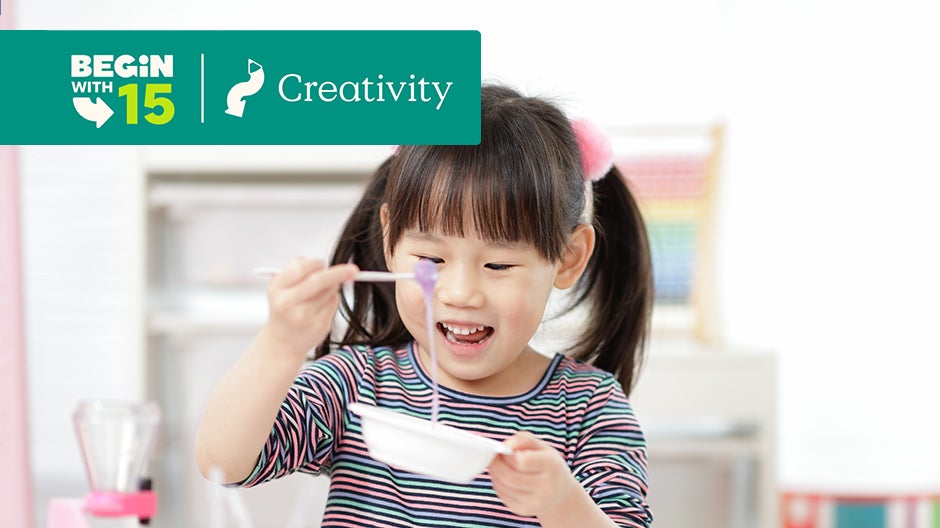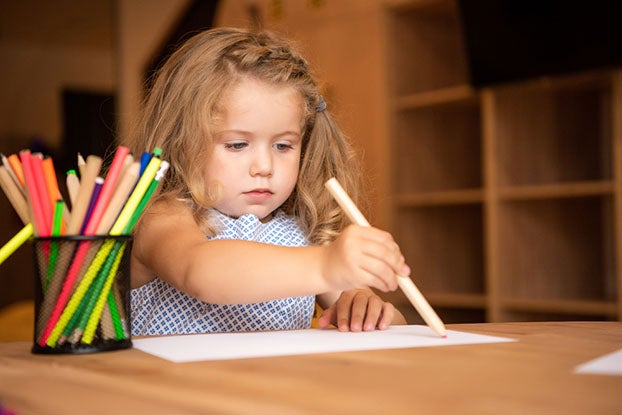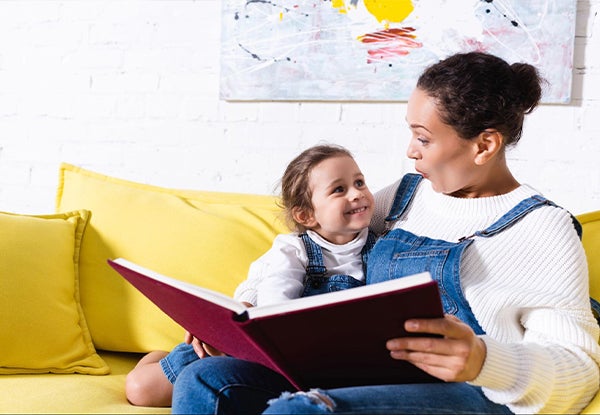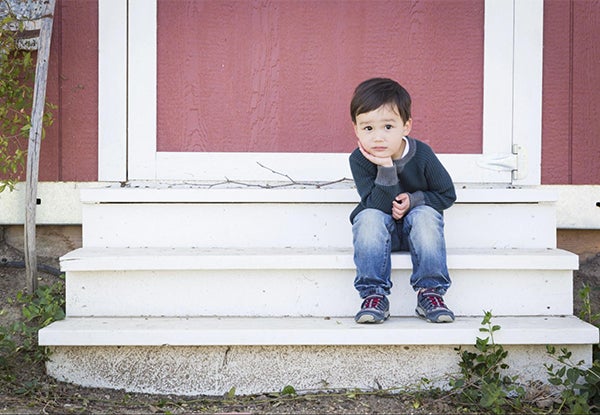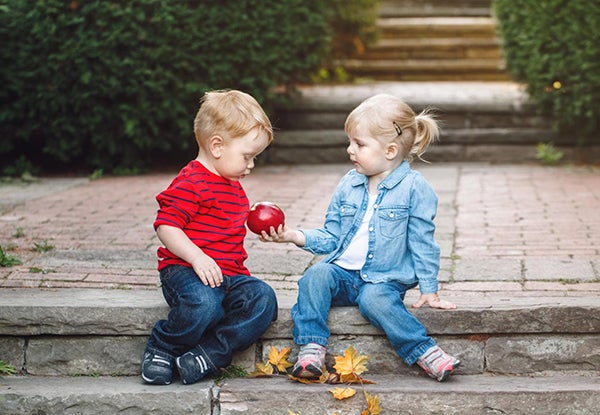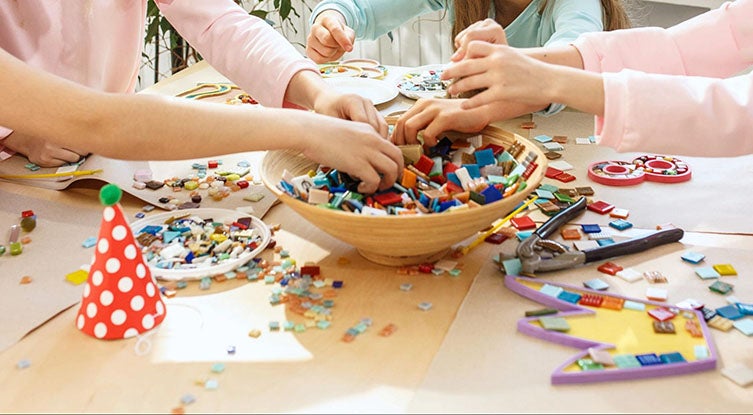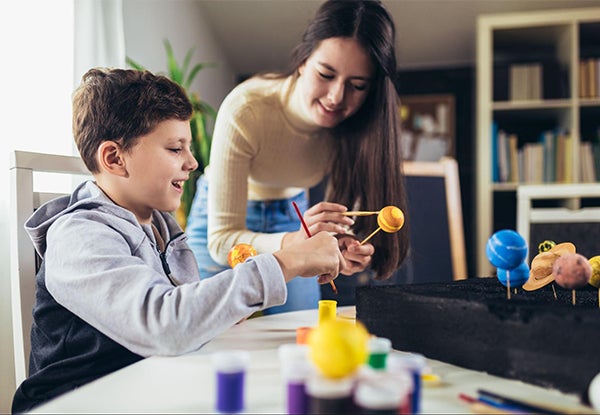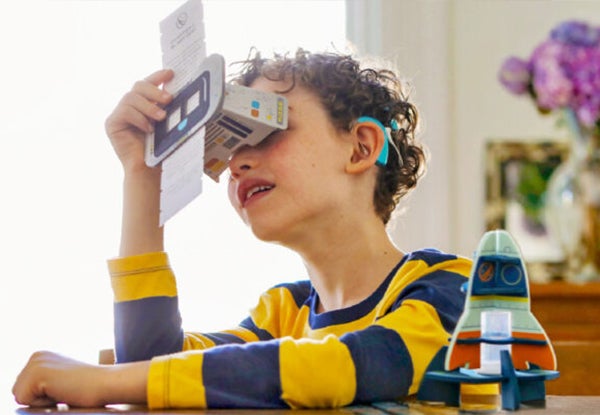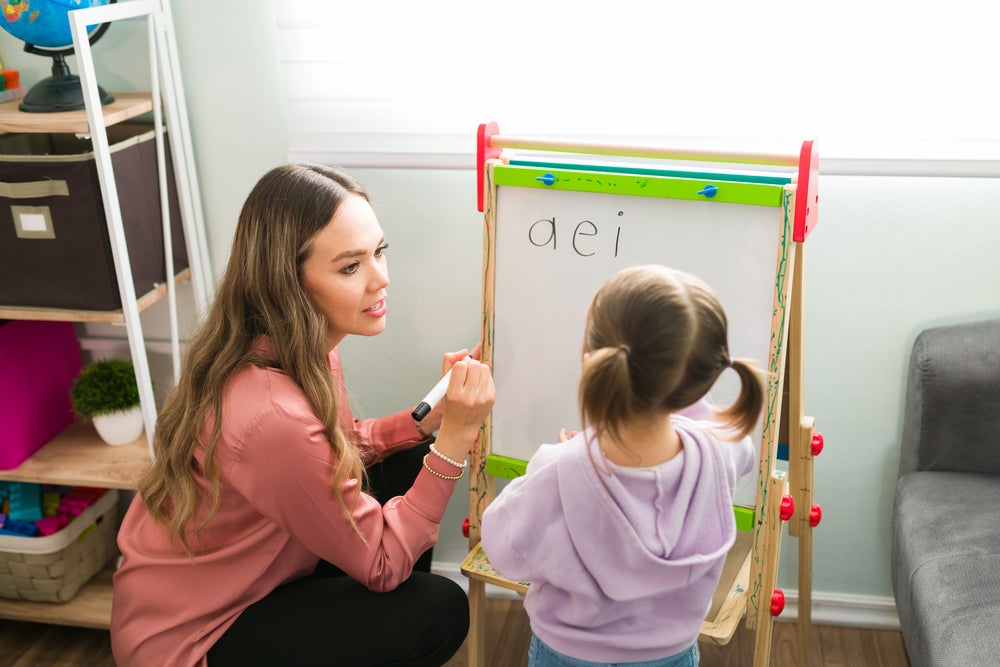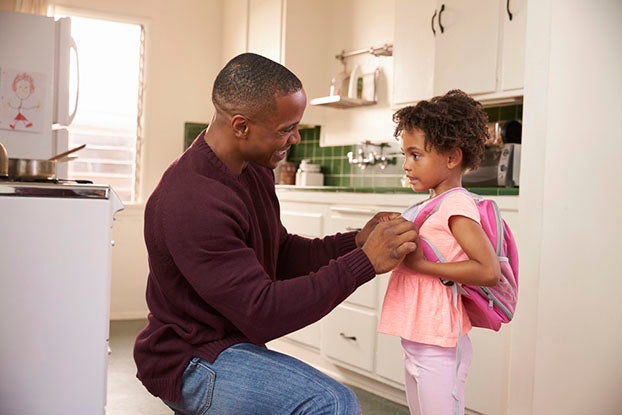A HOMER member wrote in asking about how they could make pet ownership a positive experience for their kids. Keep reading to see what Peggy, HOMER’s Senior Director of Learning and Curriculum Design had to say!
Question
I have a new baby and a four-year-old. I want to get a pet at some point, probably a dog or cat, but I wonder if I should. What are the benefits of having a family pet?
Our Perspective
First, I have to express a personal bias. As I write this, my parrot is sitting on my shoulder happily preening her bright orange feathers. I have had pets of all sorts most of my life — I’ve lived with a bird, a dog, and a cat (sometimes two cats). So it’s safe to say, I understand the desire to share your life and your children’s lives with a companion animal.
I also understand that this is a very big decision. Pets are a huge responsibility and, no matter if you choose a dog or a hamster, a pet must be cared for and cared about. It must be fed, in some cases groomed, its environment kept clean, and, keep in mind, almost all pets will need veterinary care, which can be costly.
If you decide to go ahead and get a pet, the rewards can be real and meaningful for you and for your children. Here are some of the big benefits I’ve seen from my experience with pets and my experience working with children.
1. Pets Give Unconditional Love
Most pets give unconditional love. They may be demanding, but they are never critical. In fact, one reason we are so devoted to our animal friends is that they are so devoted to us. For young children in particular, the bond between themselves and a pet can be psychologically reassuring. When your older child feels the baby is getting all the attention, and that will happen, a pet can come to the rescue. Nuzzling with a dog or cuddling with a cat can make everything in the world look brighter.
2. Living with Pets Builds Self-Esteem
More than that, living with and being responsible for a pet tends to help children feel confident. When a child pets a cat and the cat purrs or when a dog expresses pure delight when a child returns home, it tells that child that they have a big influence on the world around them. Who they are matters and their behavior has a meaningful effect on another creature. In other words, when a child sees how much they mean to a pet, it builds self-esteem. A study of 7-8-year-old children, carried out by Brenda Bryant, a professor of Human Development and Family Studies, revealed that relationships with pets aided self-esteem even more than relationships with other people.¹
3. Caring About Pets Builds Empathy
There are many ways young children develop a sense of empathy, but studies show that pet ownership can play a big role in helping a child develop this critical emotion. This isn’t too surprising. When a dog needs a walk, eat, or play, we respond. We think about their needs even if they don’t express them in words. Children don’t often consider what an adult needs at any given moment, or even, without prompting, what another child needs. They will, however, think about what a beloved pet needs and that is the foundation of empathy.
4. Pets Can Help Build Language Development
I can’t leave out the purely educational benefits! Children tend to talk to their companion animals. Young children may babble to their pets just as they do to adults, while older children might tell stories to their pet or discuss their problems. Also, many children include a pet or companion animal in their imaginative worlds. All of these different types of play include the use of language. It is only logical, but also shown in studies, that this kind of language play has a positive effect on language development. Of course, children without pets can and will develop sophisticated language, but studies suggest that pet ownership can have a significant role in the process.
5. Look After Pets Builds Responsibility and Confidence
A good way to make pet ownership a positive experience for your children is to encourage them to take on a meaningful role in your pet’s care. Even young children can have a job they must do for a pet, and that job has to take precedence over all other activities. Giving a dog fresh water, brushing a cat’s fur, using a roller to pick up fur that is stuck to the furniture are all things even two-and-three-year-olds can do. Not only do such chores give children an authentic sense of responsibility, but they also build confidence. Yes, it is empowering to be a caregiver!
Last but not least, owning a pet brings joy! That alone might be the deciding factor. If your family has a furry or feathery friend, let us about your experiences in the comments below.
¹Bryant, B. K. (1990). The richness of the child-pet relationship: A consideration of both benefits and costs of pets to children. Anthrozoös, 3(4), 253–261.

